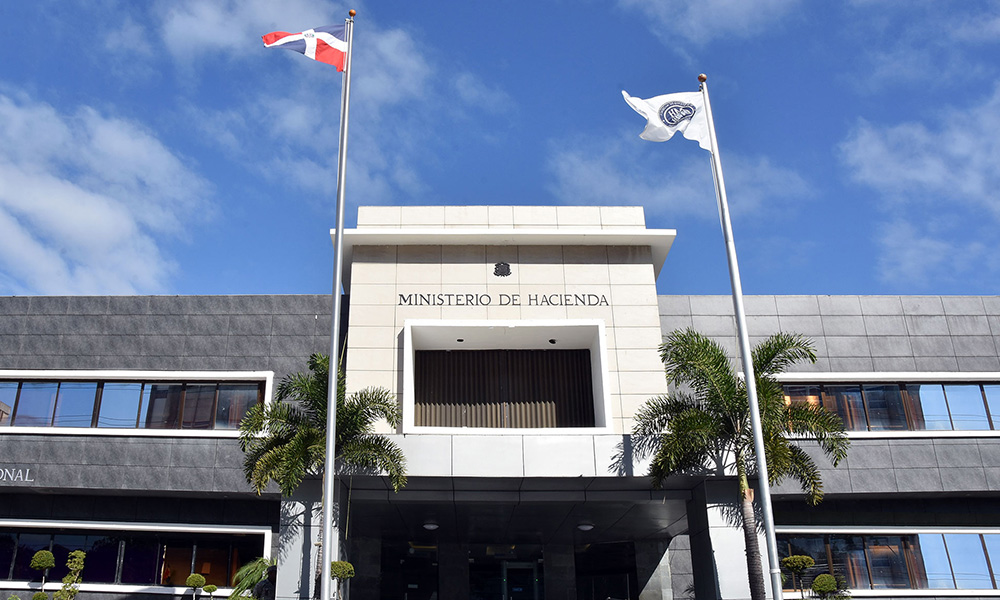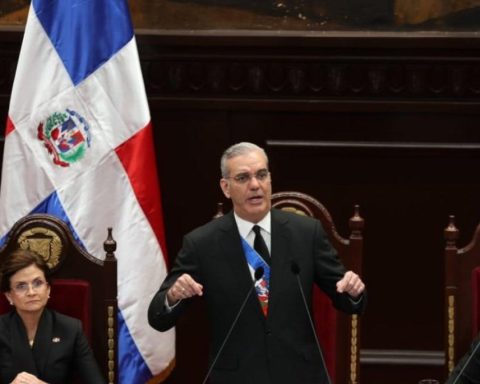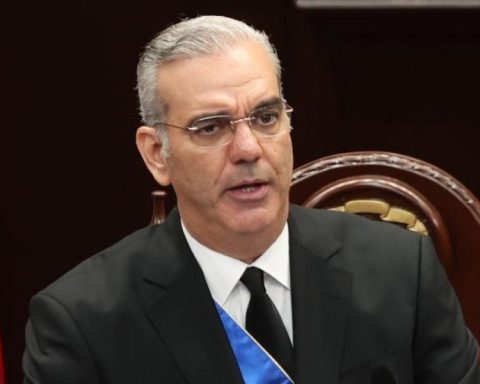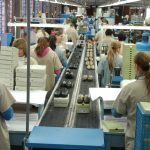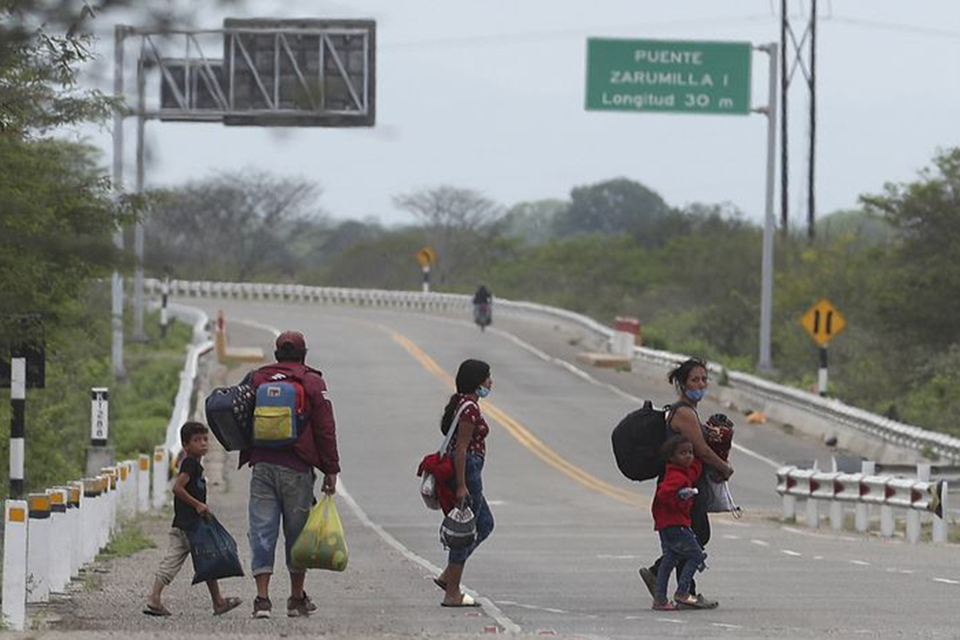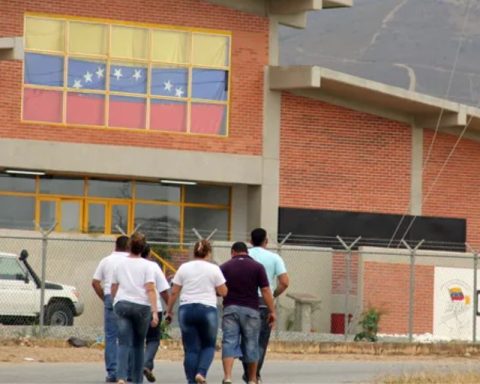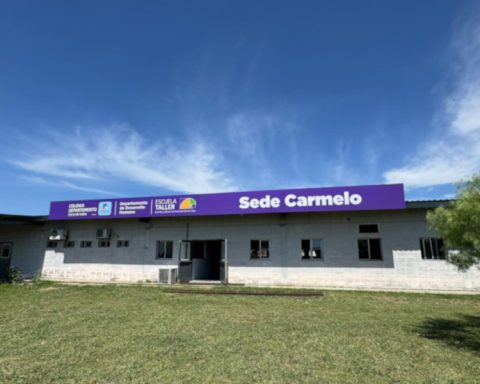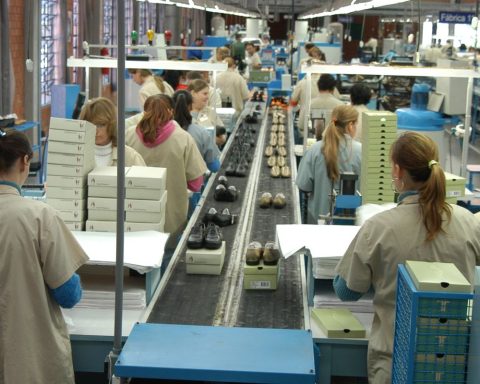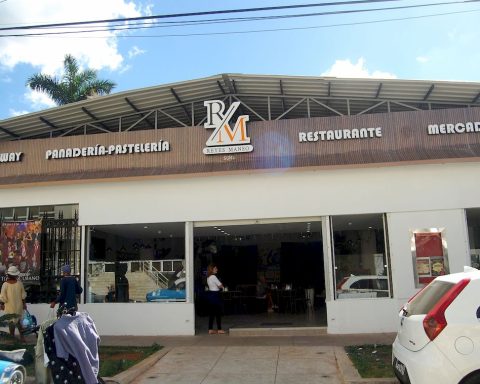The Dominican Government, through the Ministry of Finance, reported that it allocated RD$34,863.3 million in subsidies during the first half of 2022, to prevent the population from suffering the effects of rising prices of raw materials in international markets.
To prevent the rise in fuel prices, whose cost affects the price of food, transportation and other goods and services, the State spent RD$25,635.6 million between January and June, equivalent to 73.5% of the total subsidies.
Likewise, the Government transferred RD$4,798.6 million to the electricity sector, a figure that represented 13.7% of the global amount spent on subsidies in the aforementioned period. Meanwhile, the transportation sector received RD$466.1 million from January to June 2022.
To guarantee the food security of the country and the stability of prices, the resources allocated by the Government to the production or commercialization of food totaled RD$2,678.8 million in the referred period.
Of that amount, RD$1,223.8 million corresponded to the fertilizer subsidy and RD$828.1 million to flour. Also, RD$200.9 million was allocated in aid to chicken producers and the remaining RD$426 million was used through the Price Stabilization Institute (Inespre) for the sale of food combos.
“The Government’s commitment is to curb as much as possible the impact that international inflation is having on prices in the country. The fiscal measures we have taken have helped us protect the population, especially the most vulnerable,” said the head of the Treasury, Jochi Vicente.
These aids to local food production are part of a series of measures announced last March by the President of the Republic, Luis Abinader, to counteract the impact of international inflation on the economy of Dominican families.
Back
As a protection mechanism for the poorest families, for the new members of Supérate and Bono Gas, added to an increase in the amount of the subsidy of this last aid, transfers were made for RD$1,284.2 million in the first semester. The International Monetary Fund, in its recent report presenting the conclusions of the 2022 Article IV Consultation with the Dominican Republic, assessed as positive the measures taken by the Government to protect the population from external inflationary pressures.
The question of raw materials and external vision
The International Monetary Fund, quoted by the Ministry of Finance in a press release, indicated that “the use of temporary fiscal measures to contain the impact of the shocks of raw materials in the internal prices of fuels and food is adequate, as well as they are the continuity that has been given to the reforms of the electricity sector and the improvements in the allocation of subsidies and social assistance”.
